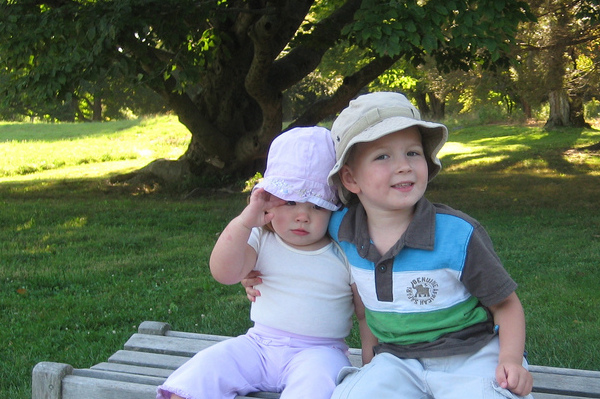What is a "Great Team"? It is a group, which is more effective together, than the sum of the individuals alone. It is when synergy happens.
How can you build such teams? The New York Times published What Google Learned From Its Quest to Build the Perfect Team (Hacker News discussion). The essence is psychological safety. Let's look at the research.
Googlers crunched a lot of data and read a lot of papers, but nothing really clicked until they found Evidence for a Collective Intelligence Factor in the Performance of Human Groups. This paper gives three factors for great teams:
- "equality in distribution of conversational turn-taking" Team members speaks up at meetings and roughly the same amount.
- "high social sensitivity" Team members notice quickly how everyone feels.
- "proportion of females" However, this is probably only an effect of the previous point, since women usually have higher social sensitivity.
The researchers dismiss the third one as a symptom of the second. Google data confirmed the first and second. However, these are not constructive points. It only tells you how to identify great teams, but how do you build great teams?
Finally, they found Psychological safety and learning behavior in work teams. It claims the core factor is psychological safety, a "shared belief held by the members that the team is safe for interpersonal risk-taking. It describes a team climate characterized by interpersonal trust and mutual respect in which people are comfortable being themselves."
The NYT article also gives the example of Sakaguchi and how he tried to improve his team. First, he made a survey to gauge the current state of the team. Then, they took action to improve psychological safety together. Unfortunately, the survey is a Google-internal secret. I asked Mr. Sakaguchi, but he could not help me. Here are my personal survey questions:
- Think about your last team meetings. How equally was talking time distributed among team members?
- In the last team meetings, how much more or less then the others did you talk?
- In the last team meetings, how connected did you feel to the rest of the people?
- In the last team meetings, how comfortable did you feel to ask a "stupid" question?
- In the last team meetings, did people use their smartphones, laptops for other things?
- How comfortable do you feel to ask for help in your team?
- How comfortable do you think others feel to ask you for help?
- How accepted do you feel in your team?
The questions are open-ended to encourage people to get things off their chest. If you prefer, you can convert the questions into numerical values by setting up a 1-10 scala or something. This enables you to compare it easily with a followup survey.
Make People Feel Safe
So if you talk with your team members, you want them to feel safe. How do you do that?

- Approach from side (not back, not front)
- Turn towards people when talking with them
- Same eye level (not above, not below)
- Eye contact
- Listen more than you speak
- Ask follow up questions
- Ignore your phone/PC if it buzzes/rings
Build on Psychological Safety
Psychological safety is only the first step of five Google identified. The four others are
- Dependability Can you rely on your team mates to do their job?
- Structure and Clarity Does everybody know what their job is and what everybody is responsible for?
- Meaning Is your work important for you personally?
- Impact Do you believe you work matters?
Dependability fuels psychological safety. If you can rely on your team, you feel more safe to take risks. Taking risks and getting support even if you fail, increases psychological safety.
Structure and clarity seems obvious, but in reality this is often neglected. It is probably the easiest point to fix, though.
I cannot distinguish between meaning and impact. They also feel unrelated to team work. They are important for you as a person, but not as a team. Dan Pink in his bestseller book Drive gives three big reasons for motivation: autonomy, mastery, purpose. I believe purpose, meaning, and impact are the same thing and motivate you. Motivated people work better with or without teams.
Eat together
Another recommended technique is eating together. There is a trend to eat alone in front of your computer, but eating together has lots of advantages. It improves cooperation. It enables people to share their private life with collegues, which increases empathy and happyness.
Team Building Exercises
There are lots of offers for team building. It often involves exotic locations and multiple days with some coach. These probably work. If you do not have the time or money, here is a really simple one. It is not easy though. It comes down to this:
- Everybody compliments everybody
- Everybody criticizes everybody
- Everybody says what to improve for themselves
The hard part is to create the atmosphere for open and honest critique. If you fail with this, then the whole thing superficially works, but is a farce.
In conclusion, great teams can be built. In my experience they are rare, so it seems to be hard to build them. Hopefully, this helped.